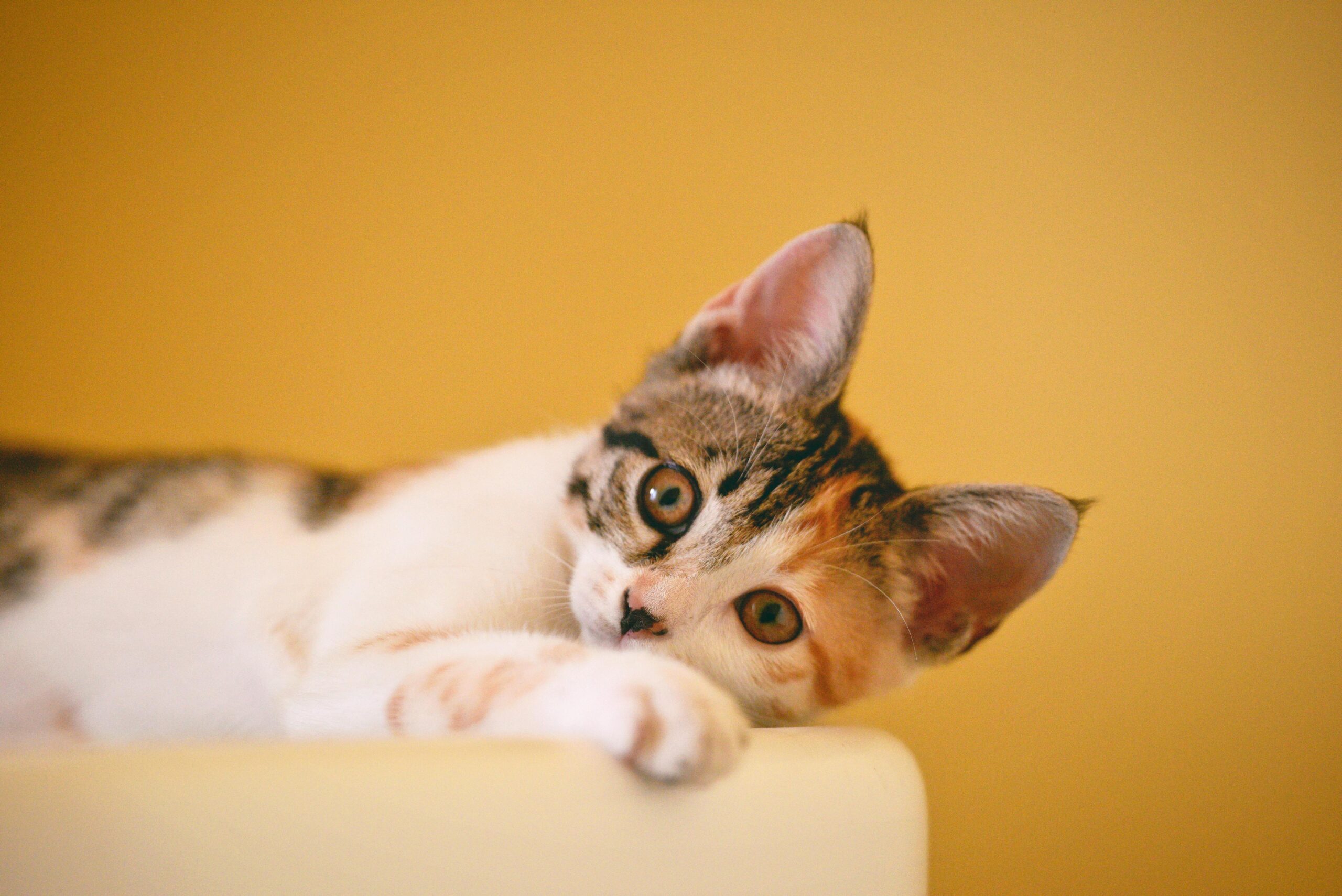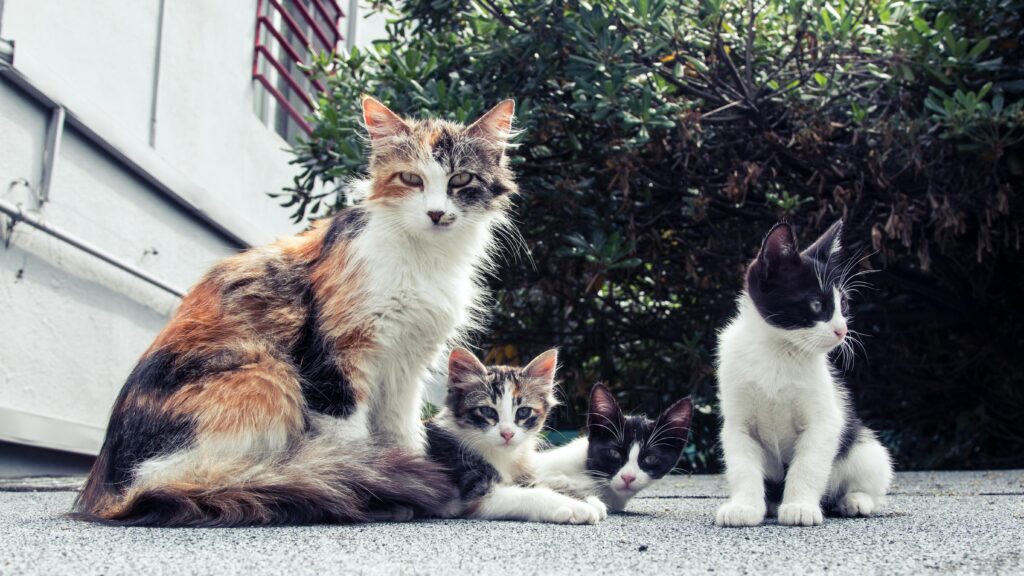Welcome to our exploration of feline behavior and the fascinating question of whether cats can have autism. As pet lovers, we often notice unique behaviors in our furry friends, prompting us to wonder if neurological conditions could be similar to those found in humans. In this article, we’ll delve into feline behavior, examine whether cats can have autism or related conditions, and explore the scientific and expert opinions surrounding this intriguing subject.
Key Takeaways:
- Cats are known for their personalities and unique behaviors, but can they exhibit traits similar to autism?
- Understanding autism in cats requires examining the condition in humans and whether cats can have similar neurological differences.
- Identifying signs of atypical feline behavior can help us recognize potential similarities to autism or ADHD.
- Scientific research and expert opinions are crucial in understanding whether cats can have autism.
- Online communities, like Reddit, may offer additional insights and discussions on cats and autism.
Understanding Autism in Cats
In this section, we will explore the concept of autism and its traditional understanding in humans. The question arises: Can cats have autism, or are there similar neurological conditions that they can experience?
Autism, a neurodevelopmental disorder, is characterized by challenges in social interaction, communication, and repetitive behaviors. While it is primarily studied in humans, researchers have also begun investigating the possibility of similar conditions in animals, including cats.
Multiple studies have investigated the neurodiversity of cats, aiming to understand their behavior and potential similarities to autism. Research into feline social behavior, sensory processing differences, and repetitive behaviors may provide insights into the existence of autism-like conditions.
While the concept of autism in cats is still being explored, it is essential to approach this topic with an open mind and consider the neurological complexities that animals may experience. Now, let’s delve deeper into this intriguing subject’s existing research and studies.
Signs of Atypical Feline Behavior
This section will discuss the potential signs of atypical feline behavior that may resemble traits associated with autism or ADHD. Understanding these behavioral patterns, social interaction cues, and communication signals can provide valuable insights into whether cats can have conditions similar to these neurological differences.
Behavioral Patterns
Atypical feline behavioral patterns can include:
- Repetitive actions.
- Fixation of specific objects or routines.
- Difficulties with adapting to changes in their environment.
Cats exhibiting these behaviors might engage in repetitive grooming rituals, excessive pacing, or compulsive chasing of their tail. Such patterns might be indicative of neurological differences that parallel the characteristics seen in individuals with ADHD or autism.
Social Interaction
Social interaction plays a crucial role in identifying potential atypical behavior in cats. Cats that struggle with social skills may have difficulty initiating or reciprocating affection, exhibit aloofness or avoidance, or work to establish and maintain social hierarchies with other cats. These social challenges could be similar to some aspects of autism or ADHD in humans.
Communication Cues
The way cats communicate can also offer insights into their neurological differences. Cats that struggle with communication might exhibit challenges in understanding or responding to cues, have difficulty interpreting body language, or display inconsistent or inappropriate vocalizations. These communication differences could be indicative of underlying neurological conditions similar to autism or ADHD.
By recognizing and understanding these signs of atypical feline behavior, we can begin to explore whether cats can have conditions that resemble autism or ADHD. The next section will delve into the scientific research and expert opinions that shed further light on this intriguing topic.
Exploring the Science and Expert Opinions
In our quest to understand whether cats can have autism, we turn to scientific research and seek insights from experts. By examining relevant studies, expert interviews, and professional opinions, we aim to shed light on this intriguing topic.
Scientific research plays a crucial role in unraveling the mysteries surrounding feline behavior. Researchers have examined whether cats can exhibit traits similar to autism found in humans. These studies explore various aspects, such as communication patterns, social interaction, and behavioral characteristics.
Additionally, we value the insights and opinions of experts who have dedicated their careers to understanding animal behavior. Their extensive knowledge and experience contribute to our understanding of feline neurology and provide valuable perspectives on the possibility of cats having autism.
Furthermore, we recognize the significance of online communities in fostering discussions on animal behavior. Platforms like Reddit enable cat owners and enthusiasts to share their observations and exchange thoughts on various topics, including the possibility of cats having autism. By exploring these online discussions, we can gain a broader perspective and consider multiple viewpoints.
As we navigate scientific research, expert opinions, and online communities, we aim to present a comprehensive overview of the question: can cats have autism? By examining multiple sources and viewpoints, we hope to help unravel the complexities of feline behavior and contribute to the ongoing discussion on this intriguing topic.
Conclusion
After exploring the topic of feline behavior and whether cats can have autism, it is clear that there is still much debate and uncertainty surrounding this issue. While autism is a neurological condition that primarily affects humans, some experts believe that cats can exhibit behaviors that resemble traits associated with autism in humans.
However, it is important to note that no scientific consensus or research focuses on cats and autism. The behaviors commonly identified as signs of autism in humans may have different causes and explanations in cats.
Nevertheless, understanding and observing atypical feline behavior can be valuable in providing the necessary care and support for cats with unique needs. Pet owners must consult a veterinarian or animal behavior specialist if they have concerns about their cat’s behavior or believe their cat may have special needs. Further research in this area may shed more light on the topic.
FAQ
Can cats have autism?
While autism is a complex neurodevelopmental condition seen primarily in humans, it is not recognized in cats. The behavioral traits and characteristics associated with autism in humans have not been scientifically observed in cats.
Can a cat have ADHD or autism?
The concept of ADHD and autism in cats is not well understood or recognized in veterinary medicine. Cats may exhibit various individual eccentricities or unusual behaviors, but these are generally considered within the normal range of feline behavior.
Are there any discussions on Reddit about cats having autism?
As a popular online community, Reddit has had discussions on almost every topic imaginable, and cats and autism are no exceptions. However, it’s important to approach online discussions cautiously and not rely solely on anecdotal information. Always consult a veterinarian for professional advice.
Can my cat have autism?
While cats may display unique behaviors and personality traits, it is not currently recognized in veterinary literature or practice that cats can have autism. The behavior exhibited by cats is better understood from a feline perspective rather than through the lens of human neurodevelopmental disorders.



